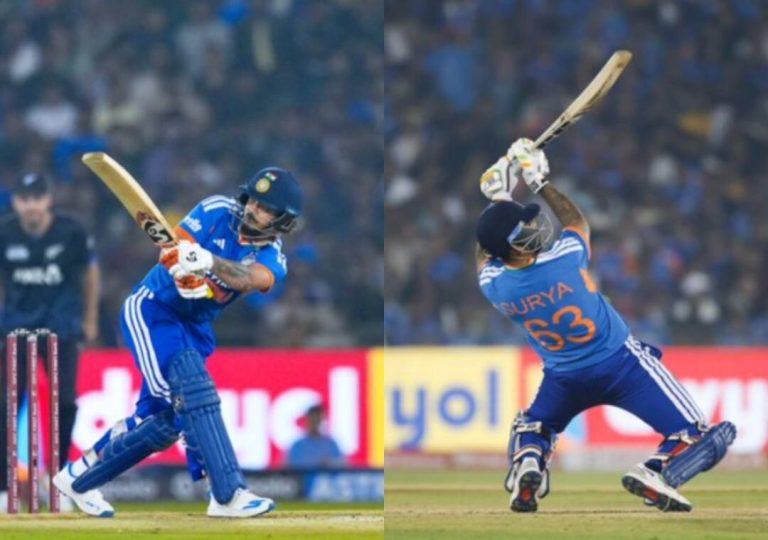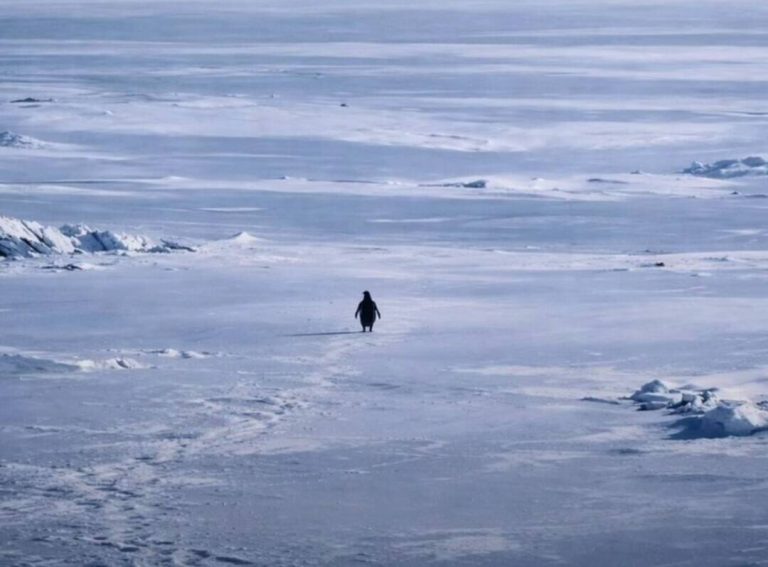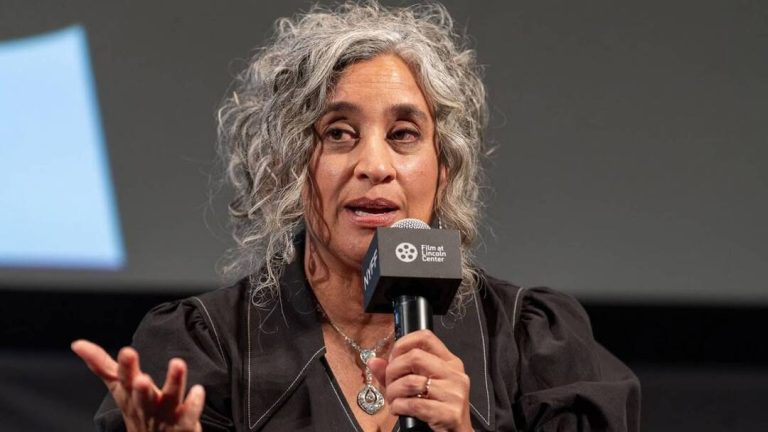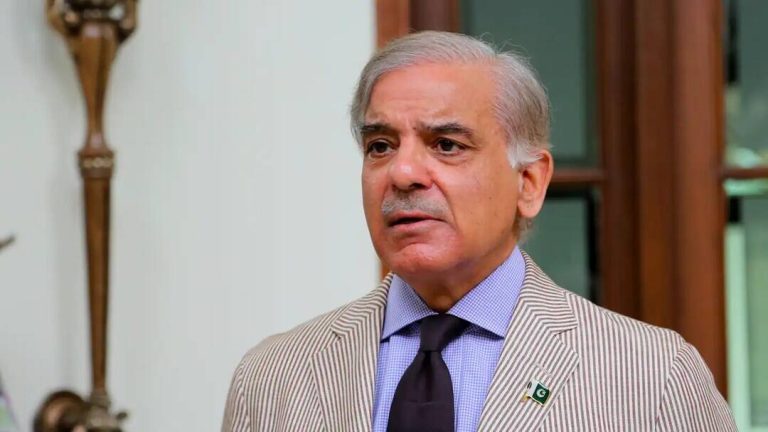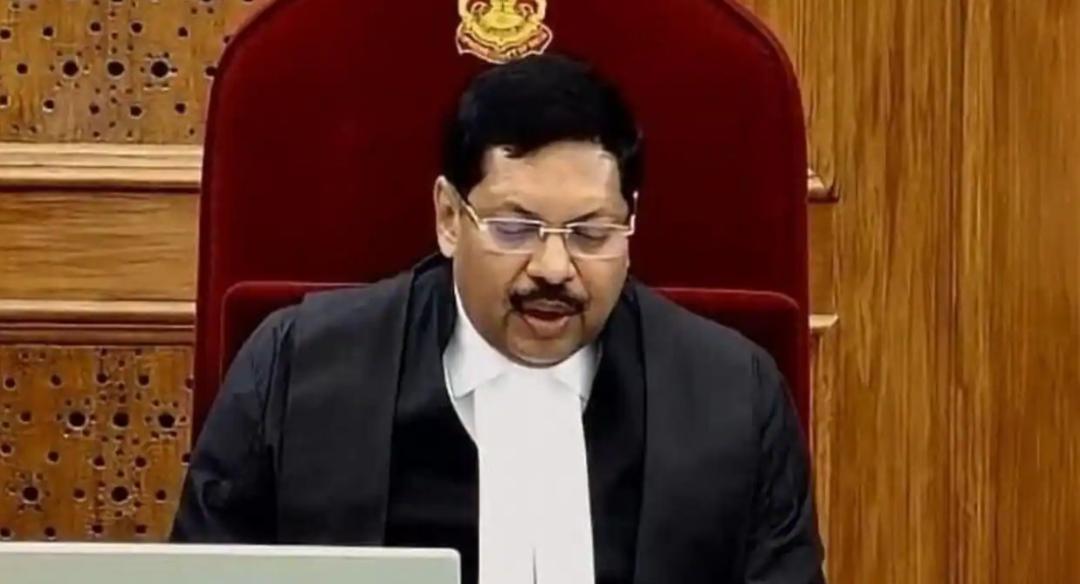
Passing ‘bulldozer order’ was my most important one: CJI Gavai
As the tenure of Chief Justice of India (CJI) BR Gavai comes to an end, he has reflected on his most significant judgments during his time in office. In a recent statement, CJI Gavai highlighted his judgement against “bulldozer justice” as the most important one, emphasizing the need to protect the rights of individuals and uphold the principles of justice. This statement is particularly noteworthy, given the context of recent events in India where the demolition of houses has been used as a form of punishment for alleged crimes.
CJI Gavai’s judgement against “bulldozer justice” is a significant milestone in the Indian judiciary’s efforts to balance the need for law and order with the protection of human rights. The term “bulldozer justice” refers to the practice of demolishing the houses of individuals accused or convicted of crimes, often without due process or adequate notice. This practice has been criticized for being arbitrary, disproportionate, and in violation of the principles of natural justice.
According to CJI Gavai, “How can a house be demolished just because a person is accused of a crime or convicted of it?” This question gets to the heart of the issue, highlighting the need for a more nuanced approach to addressing crime and punishment. The demolition of a house can have far-reaching consequences, affecting not only the accused individual but also their family members, who may be innocent and have done nothing wrong.
CJI Gavai’s judgement is a reminder that the judiciary has a critical role to play in protecting the rights of individuals and ensuring that the rule of law is upheld. The Indian Constitution guarantees certain fundamental rights to all citizens, including the right to life, liberty, and property. The demolition of a house without due process or adequate notice can be seen as a violation of these rights, and it is the duty of the judiciary to prevent such violations.
The context of CJI Gavai’s judgement is also significant, given the recent trend of using demolition as a form of punishment in India. In several states, the authorities have demolished the houses of individuals accused of crimes, often citing the need to maintain law and order. However, this approach has been criticized for being heavy-handed and disproportionate, and for violating the principles of justice and human rights.
CJI Gavai’s judgement is a timely reminder that the rule of law must be upheld, and that the rights of individuals must be protected. It is a call to action for the authorities to adopt a more nuanced approach to addressing crime and punishment, one that balances the need for law and order with the need to protect human rights.
As CJI Gavai prepares to retire on November 23, his judgement against “bulldozer justice” will be remembered as a significant milestone in his tenure. CJI-designate Justice Surya Kant will succeed him on November 24, and it is hoped that he will continue to build on the legacy of CJI Gavai, upholding the principles of justice and protecting the rights of individuals.
In conclusion, CJI Gavai’s judgement against “bulldozer justice” is a significant reminder of the importance of upholding the rule of law and protecting the rights of individuals. It is a call to action for the authorities to adopt a more nuanced approach to addressing crime and punishment, one that balances the need for law and order with the need to protect human rights. As we look to the future, it is hoped that the judiciary will continue to play a critical role in protecting the rights of individuals and upholding the principles of justice.
The retirement of CJI Gavai marks the end of an era, but it also presents an opportunity for the new CJI to build on the legacy of his predecessor. As the Indian judiciary continues to evolve and grow, it is hoped that it will remain committed to upholding the principles of justice and protecting the rights of individuals.
The judgement against “bulldozer justice” is a significant milestone in the Indian judiciary’s efforts to balance the need for law and order with the protection of human rights. It is a reminder that the judiciary has a critical role to play in protecting the rights of individuals and ensuring that the rule of law is upheld.
As we move forward, it is hoped that the authorities will take heed of CJI Gavai’s judgement and adopt a more nuanced approach to addressing crime and punishment. The demolition of houses without due process or adequate notice is a violation of the principles of justice and human rights, and it is the duty of the authorities to prevent such violations.
In the end, the judgement against “bulldozer justice” is a testament to the power of the judiciary to shape the course of justice and protect the rights of individuals. It is a reminder that the rule of law must be upheld, and that the rights of individuals must be protected.
News Source: https://www.newsbytesapp.com/news/india/order-against-bulldozer-justice-was-my-most-important-cji-gavai/story



